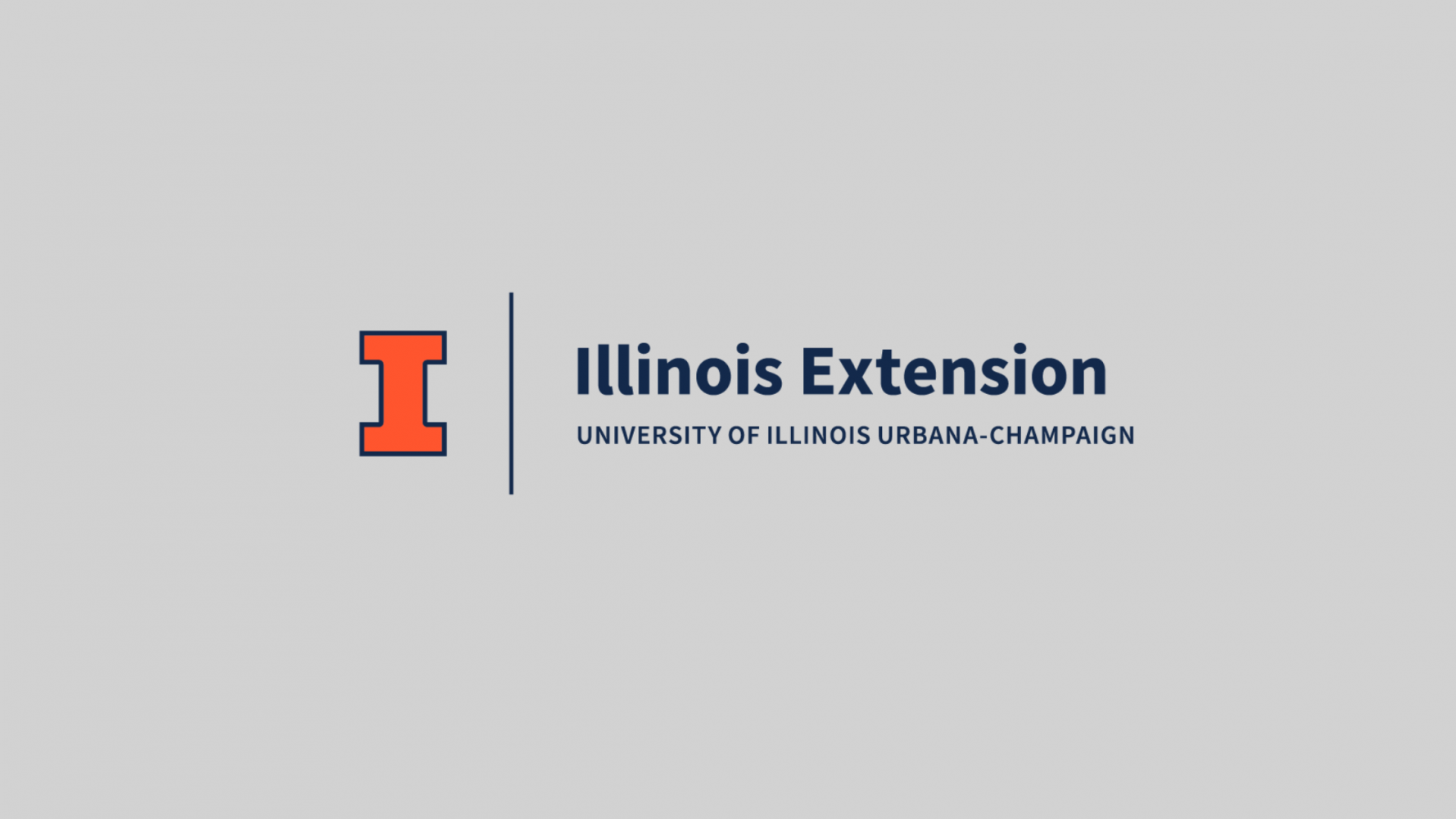Sixth annual International Food Security Symposium at Illinois highlights global efforts

An international audience joined Illinois Extension and ACES International for the Sixth International Food Security Symposium, “Comparative Extension Models: Perspectives from the Field" on Oct. 11-12, 2021.
View the recorded symposium on ACES International’s Media Space page.
“This symposium provided a rich platform for conversation about the real challenges that Extension field staff and their partners face when establishing value-added capacity-building programs that enable individuals, families, communities, and businesses to have self-agency toward an abundant, accessible, and sustainable food supply for sustainable livelihoods,” says Shelly Nickols-Richardson, Associate Dean in the College of ACES and Director of Extension and Outreach for the University of Illinois.
The symposium included two keynotes:
- “Effective Extension Strategies” by Steven Worth, University of KwaZulu-Natal, South Africa
- “Perspectives on Community Development” by Joseph Malual, University of Illinois Extension
Additional sessions included:
- Developing Collaborative Networks
- 4-H and Youth Programs
- Delivering Impactful Programming in the Digital Age
- Effective Extension Learning Strategies
Effective extension strategies with perspective from South Africa
In the first keynote address, Steven Worth presented a learning approach that his team has been developing through practical field experience over two decades.
Worth is an associate professor in agricultural extension and rural resource management at the University of KwaZulu-Natal, South Africa, where he also serves as director of the African Centre for Food Security.
Worth said an important part of his understanding developed after he learned to honor local knowledge even while its being questioned.
It is important to start with the farmer, Worth noted, and the farmer is one of three key players in achieving a common goal.
“Listen to the farmer, and honor what he knows. It doesn't mean he's right. It doesn't mean that there isn't a better way to do it.”
Worth presented a triad diagram where the farmer, the extension worker, and the policy maker collectively investigate, apply, and share what they have learned so the group learns together.
“The learning happens when people share. And if they don’t share, they might not own it…And the trick, of course, is that everybody has to be committed to this process. Everybody has to be committed to learning in their own space, but also committed to learning together on a collective way. And that is a big ask but nonetheless, what we understand is necessary.”
Community development from post-conflict perspective
The second keynote was delivered by University of Illinois Extension’s Joseph Malual.
Malual is an Extension Specialist, Community and Economic Development serving Region 1 in Illinois. He works with communities, businesses, organizations, and local governments to identify critical issues and delivers practical educational programs to help communities make decisions and solve problems.
Malual grew up in Sudan and was displaced at a young age, thus his experience as a young refugee and recipient of international development assistance inspired a passion to help build community assets in a post-conflict situation.
“What I have learned during civil wars in Sudan is that any community, regardless of perceived poverty and other conditions, has control over resources – material and social – that can be strengthened to improve livelihoods and well-being.”
Malual looks at community as a system that can be strengthened and spoke about the role extension can play in post-conflict areas/situations, favoring a “people-centered” approach.
A rich platform for conversation
The symposium, though virtual for the first time in its six-year history, was engaging, informative, and inspiring, and provided the attendees opportunity to make connections to others doing similar work.
“It was encouraging to learn about the global efforts that empower youth through positive experiences and pathways so that they become leaders who strive to ensure food security for all. The descriptions of powerful teaching and learning programs that were delivered digitally to reach untapped audiences to reinforce the totality of the food supply on a global scale have been incredibly exciting,” Nickols noted in her closing remarks.
“The final sessions on community development and effective strategies to bring about real change were simply superb. The ability to compare the assets, cultural capital, vulnerabilities, structures and processes, as pointed out this morning, and intended outcomes and impacts across countries and systems gives us strength to work for the greater good by sharing knowledge and resources to reinforce an equitable global food system.”
View program and speaker bios.
Watch the recorded version of symposium here.